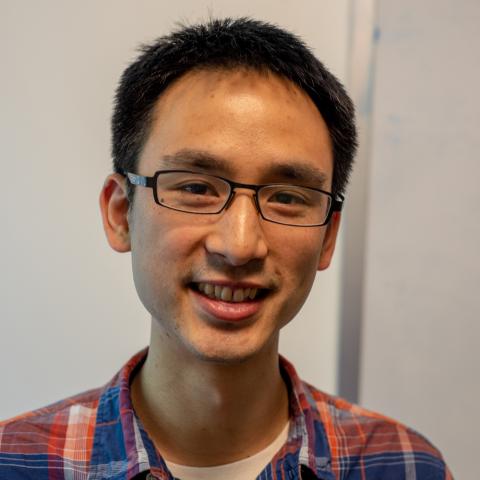
UC Santa Cruz Baskin School of Engineering Computational media Professor David T. Lee took home an honorable mention from this year’s Conference on Human Factors in Computing Systems (CHI) for his paper "Causeway: Scaling Situated Learning with Micro-Role Hierarchies." Co-authors Emily S. Hamedian and Gregg Wolf also have UCSC affiliations: both are Ph.D. students in the Computational Media department who work in Lee’s Tech4Good lab. Remaining co-author Amy Liu is a Stanford-educated software engineer who works for LinkedIn.
>>Watch a video about the paper.
Situated learning (such as on the job training or an internship) is difficult to translate into scalable, educational technologies such as a massive open online course (MOOC). Mentoring learners and defining a real-world project can be prohibitively time-consuming in the workplace, reducing the incentive to hire novice users. Lee’s paper introduces the idea of micro-role hierarchies, “a form of coordination that integrates workflows and hierarchies to help short-term novices predictably contribute to complex projects” to allow novice users to quickly add value with minimal supervision and training.
Lee and his co-authors created a platform called Causeway that splits the task of building static websites for refugee resettlement agencies into two-hour long assignments allocated using the micro-hierarchies concept. It took little effort for an individual user to learn how to do a single task, and as they completed each step (moving along a learning pathway, “a dynamic similar to moving up an organizational hierarchy”) they eventually learned how to build a complete website. Meanwhile, because individuals began their pathways at different points, the work was rapidly executed.
David T. Lee is an assistant professor of computational media at UC Santa Cruz, where he directs the Tech4Good Lab. He received his Ph.D. from Stanford University, where he was a part of the Social Algorithms Lab and Crowdsourced Democracy Team, and a visitor in the Stanford HCI Group. His research centers around integrating design, algorithms, and incentives to develop novel ways for integrating experiential, passion-driven learning with supporting governments and nonprofits in organizing community members towards addressing complex, societal issues.
His work has received paper awards at AAAI HCOMP and ACM CHI, been published in the Proceedings of the National Academy of Sciences (PNAS), and deployed with the Finland Ministry of the Environment. He is a recipient of an NSF Graduate Research Fellowship, an Accel Innovation Scholar, and a two-time recipient of a Magic Grant from the Brown Institute for Media Innovation.